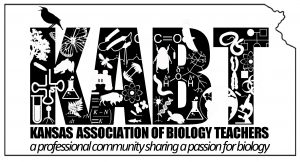Where we end up.
Yesterday I was involved in another interesting conversation about what student should know. The conversation unfortunately centered on K-12 preparing students for college and/or further work in mathematics and science. I say unfortunately because it is my opinion that by grade 12 all students should be fully prepare for a wide array of choices that life might bring – only one of those choices might be college. That fact is that is that 94% of high school students say they want to attend college, 75% actually do within two years of high school graduation, 67% immediately upon graduation. The back side of these numbers indicates that this may not be the best choice for most students. Of students who begin high school, fewer than 30% will have a baccalaureate degree twelve years later, while 20% will not have finished high school.
Doing more work in mathematics and science is the work of the University and preparation for research careers is the focus of the Graduate Studies. We tend to think myopically of what students need from K-12 education to be prepared for us. I guess that the question that comes to my mind is what we are preparing these students to face upon their graduation, two or three years in their future.

An then we have the economic engine telling us that all citizens will need at least some post-secondary education/training in order for the USA to compete. So what is this global learning movement and should preparation of students have as the outcome a global learner? Historically, global learning became a topic of interest to higher education at the close of World War II. Then came the Cold War, political and economic shifts in Russia and Europe, increased migration, and digital communication all of which serve to blur the boundaries of country and culture. So what are we preparing these students to face upon graduation? Should intellectual skills be the focus? Reasoned inquiry? Integrated learning? Oh the dichotomy!